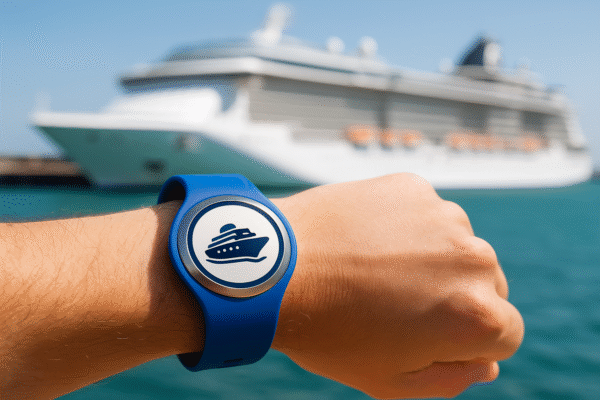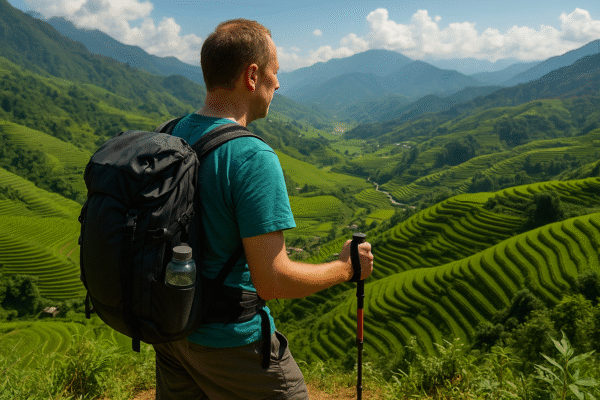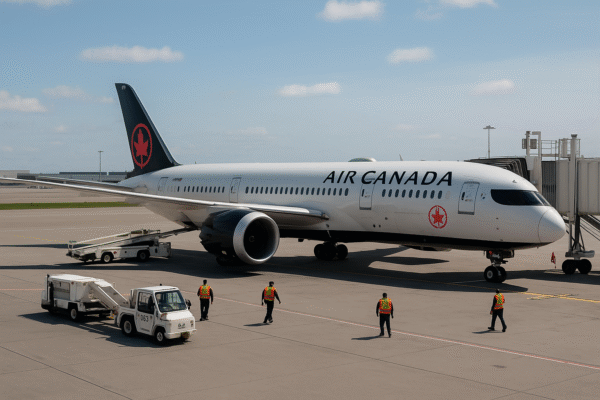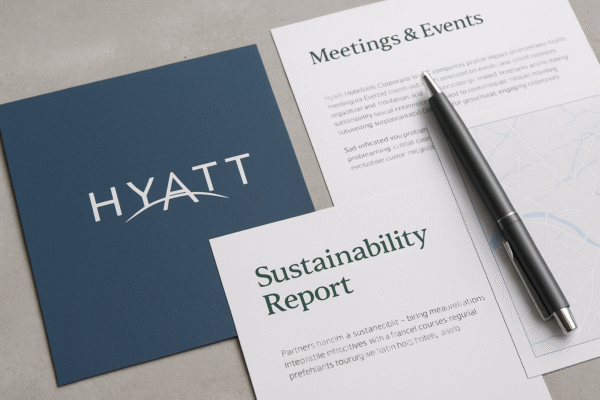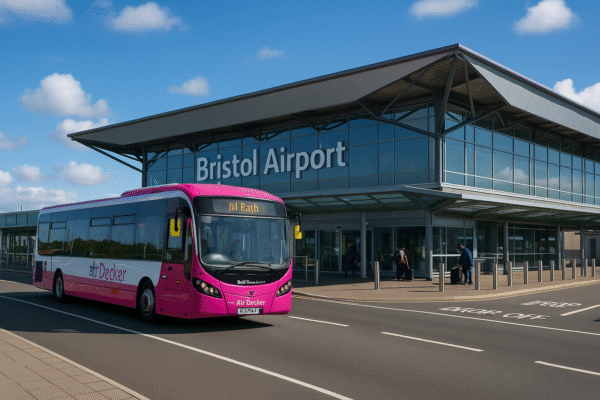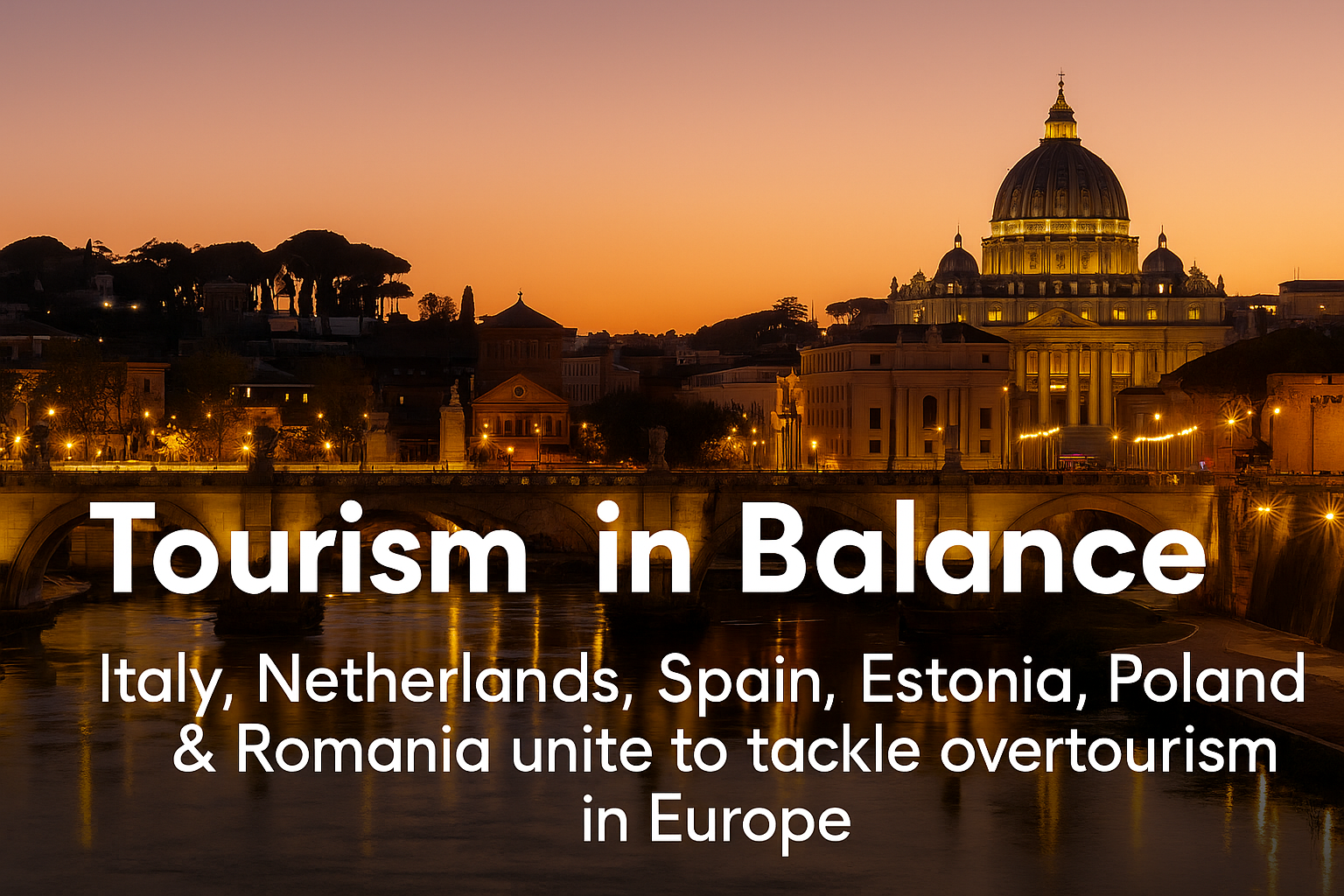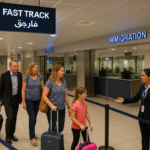Europe’s groundbreaking initiative is reshaping the future of travel. Launched in 2023, the “Tourism in Balance” project brings together six nations—Italy, Netherlands, Spain, Estonia, Poland, and Romania—to combat overtourism through responsible visitor management, rural tourism promotion, and shared policy strategies.
Co-funded by Interreg Europe and led by Breda University of Applied Sciences in the Netherlands, the initiative unites iconic cities like Rome, Amsterdam, Seville, Tallinn, Krakow, and Brașov. Together, they aim to evenly distribute tourism through time and space, protect cultural integrity, and enrich less-explored destinations.
Brașov: A Model for Prevention, Not Cure
Unlike cities already overwhelmed, Brașov in Romania is proactively addressing potential overtourism. Surrounded by the Carpathian Mountains and attracting nearly one million tourists annually due to its proximity to Bran Castle, Brașov is preparing for increased footfall following the opening of its new international airport.
With the support of the Metropolitan Agency of Brașov, the city is decentralizing tourism by highlighting its rural surroundings. The Gastro Local initiative encourages immersive cultural exchange: tourists dine in local homes in villages like Vama Buzăului, enjoying traditional meals made with 70% local ingredients for a modest price.
These home-cooked dining experiences preserve regional identity, boost local economies, and offer authentic encounters far removed from standard tours. For visitors, it’s a rare invitation to experience Romania from the inside out.
Historic Cities Chart New Courses
Rome, Amsterdam, and Seville are iconic tourism hubs, long grappling with congestion and strain on urban infrastructure. Under Tourism in Balance, each city implements unique, scalable strategies:
- Rome has introduced timed ticketing at major sites like the Colosseum and Vatican, while promoting lesser-known neighborhoods.
- Amsterdam is reshaping visitor behavior with bans on red-light district tours, limits on short-term rentals, and campaigns to explore nearby cities like Haarlem.
- Seville employs smart technology to monitor tourist flow in real time and promotes districts like Triana for a richer local experience.
These cities demonstrate that even the busiest capitals can adapt for a more sustainable, inclusive tourism future.
Digital Innovation and Seasonal Strategy
Eastern European cities are also pioneering solutions. Tallinn uses its digital prowess to suggest personalized, crowd-avoiding itineraries, encouraging walking, cycling, and eco-friendly exploration. Meanwhile, Krakow leverages seasonal campaigns to flatten visitor peaks. Through off-peak festivals, winter tourism, and regional tour extensions, Krakow keeps its Old Town vibrant year-round while reviving surrounding areas.
Academic Backbone: Breda University’s Coordinating Role
Breda University of Applied Sciences serves as the project’s coordinator, facilitating interregional learning and policy development. By compiling data and case studies, the university enables cities to replicate success stories and avoid ineffective efforts.
The academic support structure ensures each partner learns from one another while adapting strategies to their unique cultural and geographic contexts.
The Bigger Picture: Tourism That Benefits All
Tourism in Balance is not about discouraging travel. It’s about spreading its benefits and reducing its burdens. It highlights the importance of traveling deeper, staying longer, and exploring wider—from Brașov’s rustic kitchens to Tallinn’s quiet parks.
With its emphasis on equitable tourism, the project aligns perfectly with modern traveler values: sustainability, authenticity, and connection. Whether it’s rural wine-making in Romania or winter jazz festivals in Krakow, the richness of Europe lies beyond its overcrowded postcards.
Conclusion: A Blueprint for Global Tourism Reform
As global tourism rebounds, the Tourism in Balance project offers a timely and powerful model for sustainability. With local communities at its heart and a focus on preserving cultural heritage, this European initiative proves that travel can be both enriching and respectful.
From digital smart tools to countryside tables, from Rome to Romania, Europe is writing a new story—one where tourism enhances rather than exhausts. And it’s a blueprint the rest of the world may soon follow.
For more travel news like this, keep reading Global Travel Wire


